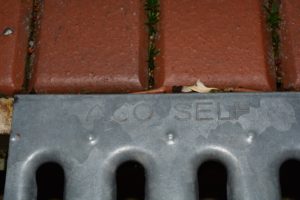 $2 billion may seem like a lot for infrastructure (and it is) but given that New York is in some serious need of an upgrade for its water and sewer systems, that is hardly anything. Indeed, experts believe that it is likely to cost around $80 billion.
$2 billion may seem like a lot for infrastructure (and it is) but given that New York is in some serious need of an upgrade for its water and sewer systems, that is hardly anything. Indeed, experts believe that it is likely to cost around $80 billion.
This proposal by Gov. Cuomo is in addition to the $200 million that was approved in 2016 by lawmakers for water projects in the region. Despite this, the proposal is garnering support from both parties due to the fact that many of the water systems have been wearing out for some time already (one example being that almost 1,500 water main breaks were encountered by The Erie County Water Authority in 2015). Indeed, it has been estimated that 20 percent of NYC’s treated water which goes into municipal pipes encounters a leak before it gets to the faucet which is becoming an increasingly problematic situation. Maintenance and repair is crucial now before the situation worsens.
One problem is however, as Steven Cohen, Executive Director of Columbia University’s Earth Institute asks:
“The structure of the public-private deal or partnership is critical, but again, the central issue remains, who pays? People resist paying for resources that once were free. Before this country became modern and urban, many people were able to get water for free from their own wells. They managed their waste in septic fields and compost heaps, and the occasional garbage fire. Now they pay for water, sewage treatment and waste removal. They used to get their TV for free with antennas, now they pay monthly Internet and cable bills. Life has become more complicated and more expensive and our incomes have not kept pace with the increased cost of everything. It’s easy to understand why people resist paying for the modernization of infrastructure. But it can’t be avoided for much longer. A progressive fee system for privatized infrastructure needs to be considered as part of the way to help the working poor and people on fixed incomes to bear the cost of infrastructure upgrades.”
He answers: “The issue is how payment for the infrastructure is set up and how the government maintains control to ensure accountability if the private firm does a lousy job.”
Let’s hope the bill is sorted out in time for New Yorkers to get safe water in their homes.